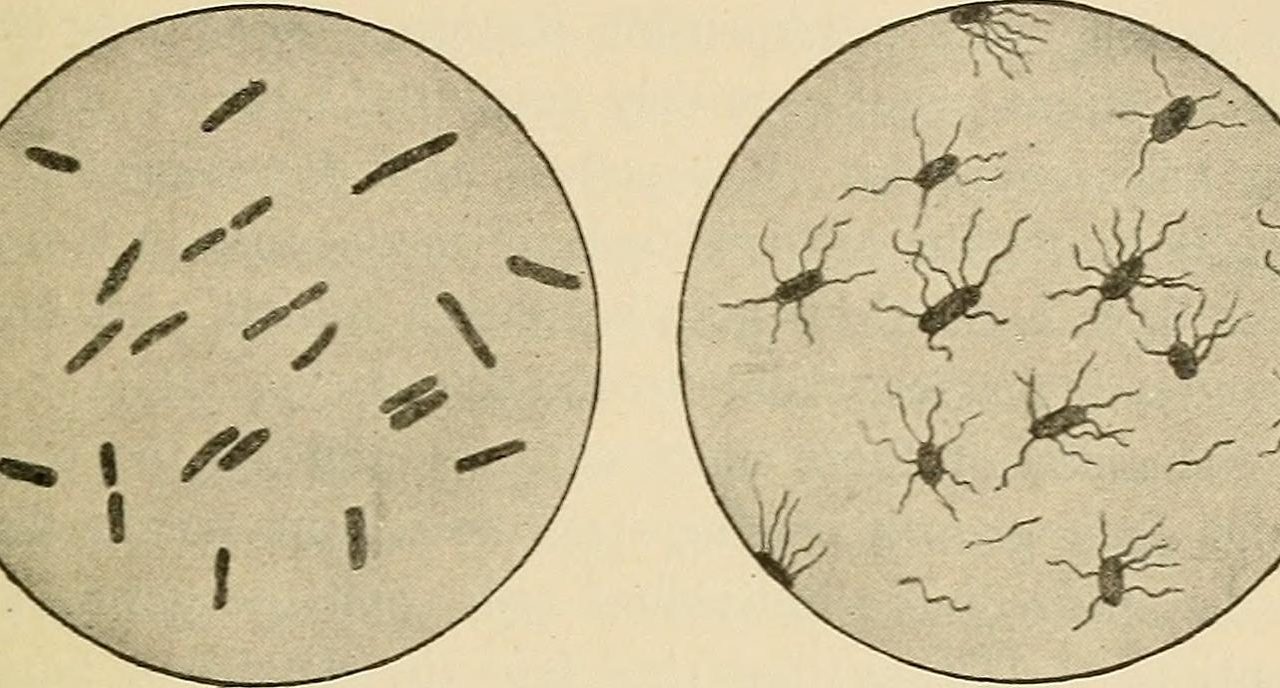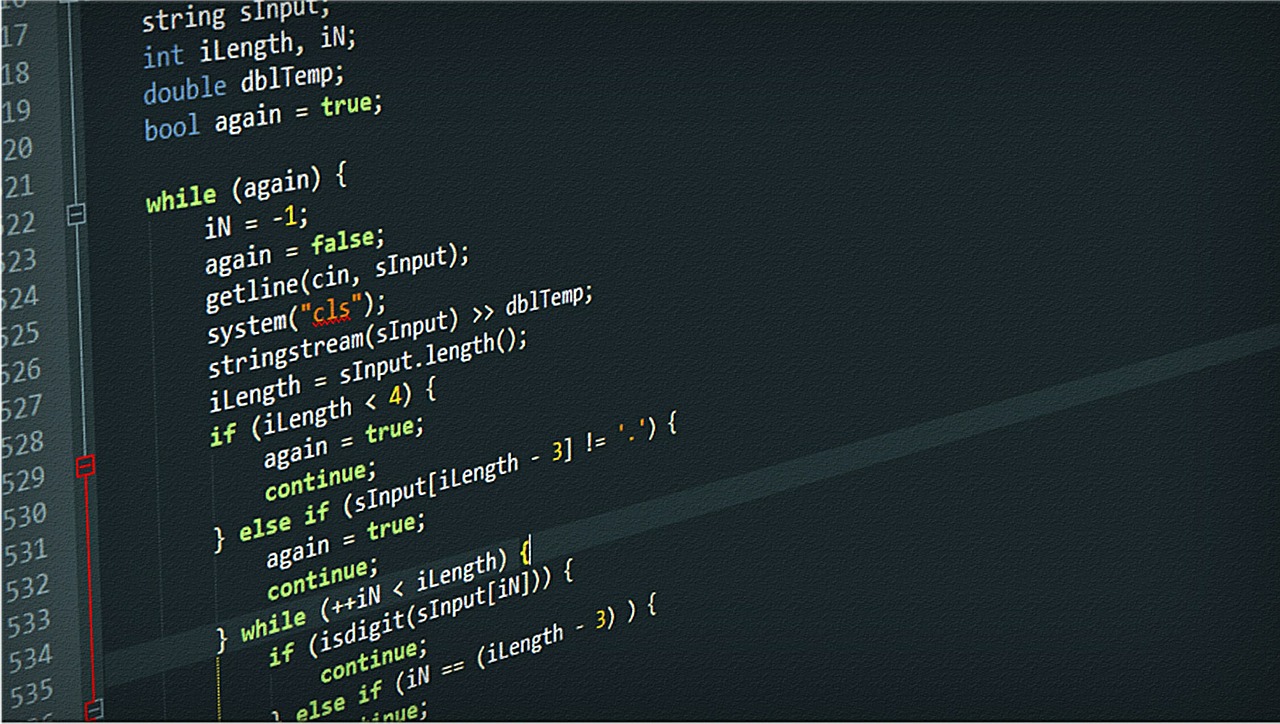
Scientists Propose Controlled Human Infection Model Studies
- News
- 1.6K
Typhoid is a bacterial infection that can lead to high fever, diarrhea, and vomiting. India has a significant burden of typhoid especially among young children and the disease is endemic to the country. To study how the pathogen that transmits this disease, how the disease progresses, how an individual body responds to it and how effective treatment can be formulated to encounter this disease, researchers have proposed Clinical Human Infection Model (CHIM) studies.
In CHIM, researchers infect healthy participants with a weakened strain of a pathogen in a controlled setting. This is done in order to learn more about the infection and the disease or to develop new vaccines for that disease.
“Rotavirus vaccine was tested in other countries where it showed 90 percent efficacy while in India it has only 50 percent efficacy. There are oral vaccinations like for cholera, polio that was tested elsewhere and showed good results but showed low efficacy in India,” pointed out Dr. Gagandeep Kang, Executive Director, Transitional Health Science, and Technology Institute.
Typhoid strains can only be present in humans and cannot be artificially developed or cultured in labs. “CHIM is a faster way to develop a vaccine as it is studied well in human models, and why to depend on the outer populations for these vaccines when we know clearly that they have different genetic makeup, socio-economic background, and nutritional demands,” said Dr. Kang.
Recently typhoid strain was developed in India but it was tested in Oxford University, the UK as in India has an ethical obligation where clinical trials cannot be done on humans. “Animals and humans have different physiology and it is better if the tests are been done on humans themselves. Why we need to test dengue vaccine on rabbits or dogs when they do not get dengue at all,” argued Dr. Kang.
“It is good if it starts with few people, say five, first and if it goes well studies can be done with a larger number. As it has risks involved, it is suggested that volunteers and family members must be informed thoroughly,” said Dr. Manjulika Vaz from India Volunteer Infection Research Consortium.
After injecting weakened typhoid strain, volunteers would be examined for 4-5 weeks under proper medical supervision. They will be under medical guidance if in case the person develops side effects. As the volunteer would be given attenuated strain there are few chances that he or she may get any side effects like mild fever or nausea.
Blood samples would be taken on a daily basis and volunteers will be monitored for one year. Depending on the pathogen, volunteers may also be isolated from the community for a defined period of infectivity of the pathogen, to avoid transmission of the disease to the community.
“Though it is done in the western world, we have a long way to go. People are apprehensive and suspicious and we must ensure that poor people are not exploited for the sake of money,” said Dr. Vaz.
The institutes selected to be the part of the study include St. John’s Research Institute, Bengaluru, Jawaharlal Institute of Postgraduate Medical Education & Research (JIPMER), Puducherry, Post-Graduation Institute of Medical Education and Research, Chandigarh and CMC Vellore. (ISW)
If you liked this article, then please subscribe to our YouTube Channel for the latest Science & Tech news. You can also find us on Twitter & Facebook.


